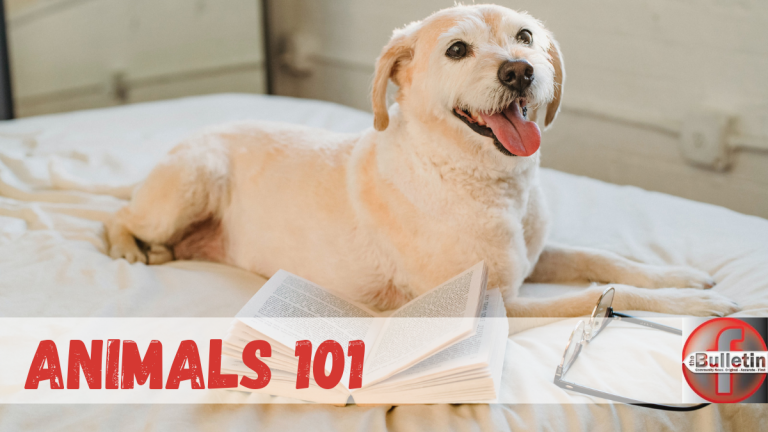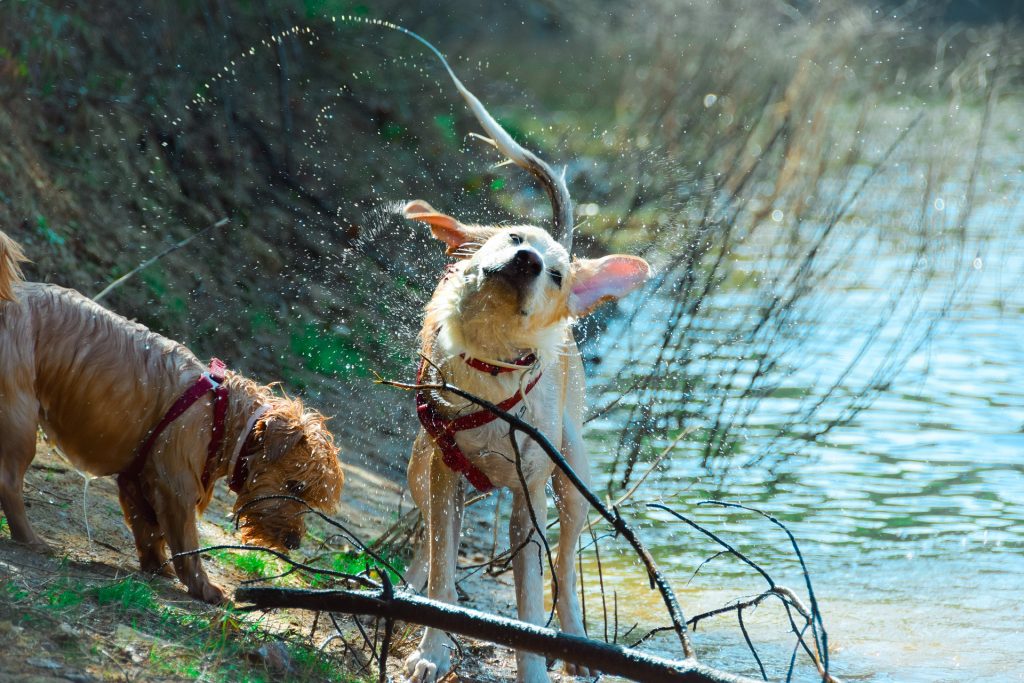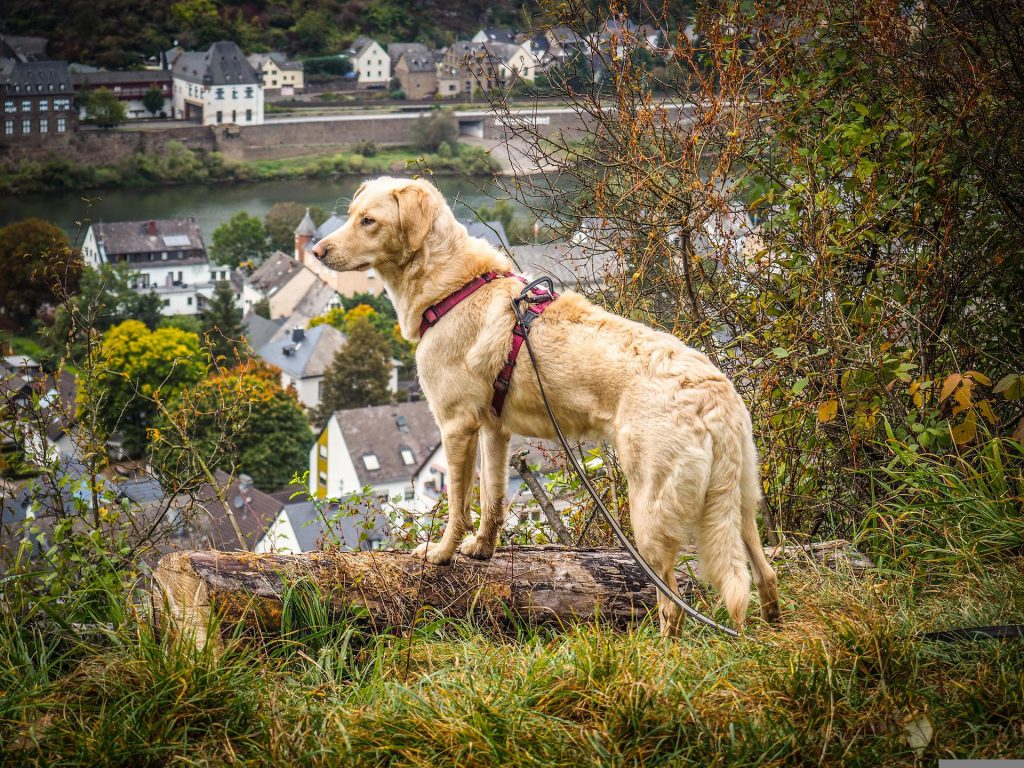
SAFETY TIPS TO CONSIDER FOR YOUR ANIMALS DURING THE HOLIDAYS.
The holiday is just around the corner and many people who go away, either take their animals with them or leave them behind. Either way you need to plan and take safety precautions for all your animals.
Whether at home or with you on holiday, make sure your animals are up-to-date with all vaccinations, deworming, tick and flea treatments. Micro-chip your pet and make sure it is registered on multiple databases and working, before you leave as well as include a collar ID. Make sure your plan for your animals is clearly stated in your will.
LEAVING YOUR PETS AT HOME
Pet sitters can be a good option when you need someone to care for your pet while you’re away. Animals should never be left alone, in my opinion, for more than even 12 hours.
- Do your homework on the pet sitter by getting trusted references from people you know. It is important that your pet also gets along with this person. Book in time as pet sitters are booked well in advance for holidays. Look for ones that have completed special training, like behaviour or pet first aid.
- It is your responsibility to ensure things go smoothly, so provide detailed instructions regarding feeding, medications, emergency contacts and other important information. Provide easily accessible and sufficient supplies including their food, grooming, toys, leashes, carriers or cleaning supplies in case of an accident.
- Always have a backup plan (person) in place. List your pet sitter at your veterinarian, inform your vet you are away and provide a backup person to contact or to make decisions if you can’t be reached.
- Properly pet-proof your home and escape-proof your yard because bored and lonely pets may get into more trouble than usual.
TAKING YOUR PET WITH YOU ON HOLIDAY
If you’re planning on taking your pet with you on holiday, it’s important to honestly assess how stressed your dog or cat might be away from home and whether it’s a risk worth taking. Plan the trip well!
- Travel safety! You shouldn’t allow your dog to ride unrestrained. A crate or safety harness (not a collar) can be used to restrain your pet in the car, but be sure that it has been crash-test certified for safety.
- Never leave your pet unattended in a vehicle!
- Plan extra time for pit stops for them to stretch their legs and relieve themselves. Plan to have clean up supplies on hand, along with your dog’s leash and harness, water bowl and fresh water to drink (preferably water from home which they are used to).
- Be sure to plan meal times. Ideally, feed your dog in the morning before you leave (some suggest about 3 hours before) and again at night once you’ve settled into your hotel. If you’ll be stopping to eat along the way, plan to do so at a location where your pet can accompany you.
- When traveling with your pet, you’ll need to bring all necessities, including items like poop bags and food bowls, water, medication, grooming kit, but don’t forget to also pack some of your dog’s favourite toys, blankets and, depending on size, even his bed to remind him of home.
- You should also make sure your dog is wearing a collar with a current ID tag at all times and pack a pet first aid kit in the event of an emergency. A recent photo on your phone or printed out is also recommended, in the event you become separated. Write down the numbers of emergency vet services along your route for in case.
- Remember the vaccination cards!

KEEPING YOUR PETS SAFE AROUND THE POOL, LAKES & THE BEACH
- Always supervise swims as not all pets are good swimmers.
- Invest in a pet life jacket.
- Rinse them off with clean water post-swim, removing chlorine, salt or bacteria.
- Avoid wet collars to prevent hot-spots.
- Ears should be cleaned and dried after a swim.
- Look out for the signs of heat stroke and provide cool shade areas as well as cool, fresh drinking water at all times.
- Use animal-safe sunscreen for breeds who are prone to sunburn.
- Learn pet CPR for an emergency.
Other dangers around water may include: Parasites and bacteria, water intoxication, salt water, seaweed, sand impaction, hot surfaces, picnic foods & foreign bodies, fishing hooks etc.
If you intend to bring your dog on the boat with you, remember a life jacket, sunscreen, fresh drinking water, providing shade, a leash, proper identification, have potty breaks, have a first aid kit and pay attention!
TAKING YOUR PET ON A HIKE OR CAMPING?
- Make sure your dog has an up-to-date ID tag or collar. The fastest way for someone who finds your dog to get her back to you is to call the number on her ID tag.
- Your dog will need frequent water breaks along the trail, so be prepared with a lightweight, collapsible travel bowl or a simple plastic container and plenty of fresh water. Stop often to offer her a drink, and especially if she’s panting a lot. Keeping her well-hydrated will also prevent her from drinking from a stagnant water source, which can harbor all kinds of pathogenic bacteria and parasites.
- You’ll want to pack a few healthy snacks to feed her along the way as well, and don’t forget dog poop bags, especially if you’ll be hiking on heavily travelled trails.
- Remember a first aid kit with essential emergency items like gauze, scissors, or tape.
- Don’t forget your cell phone.
- An emergency dog sling can be helpful when in remote areas.
- Don’t let your pet chase wildlife as both can get injured.
- If you are camping, make sure they are not cold, but also safe from camping hazards like fire.

READ MORE on why you should not be clipping a bird’s wings.
Whether your pet is joining you on your holiday or you leave them home with supervision, it remains your responsibility to make sure they are ok!
Next week we will look at enclosure sizes for different pets.
WHEN YOU KNOW BETTER, DO BETTER!